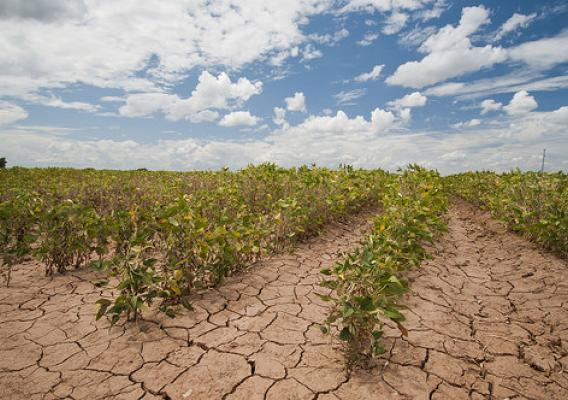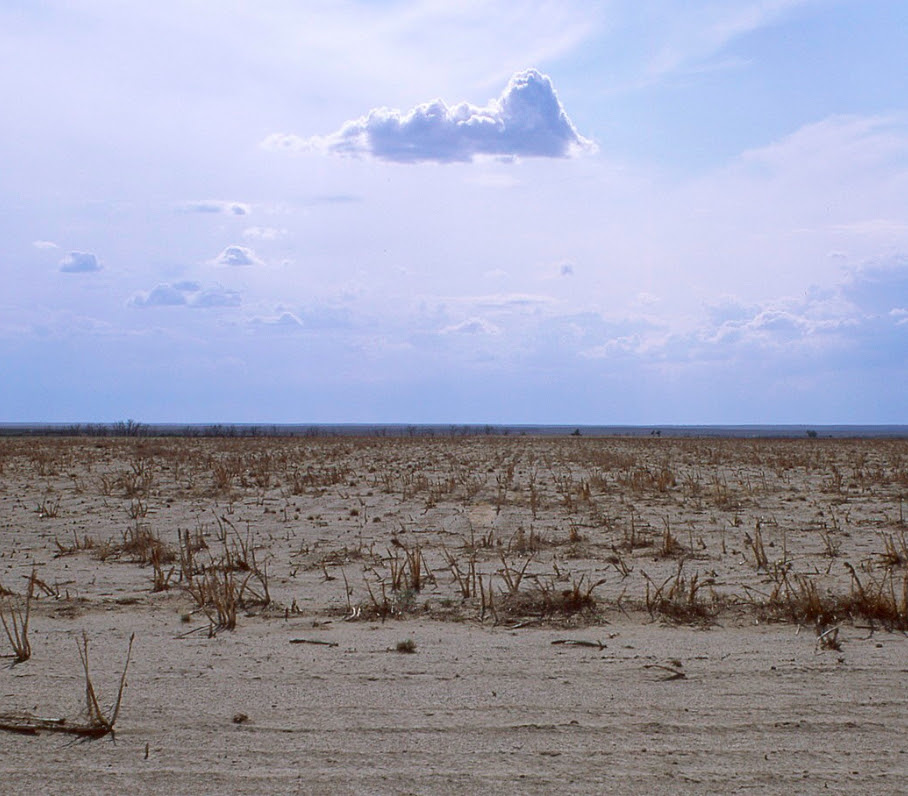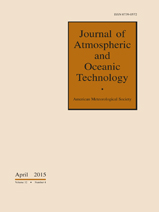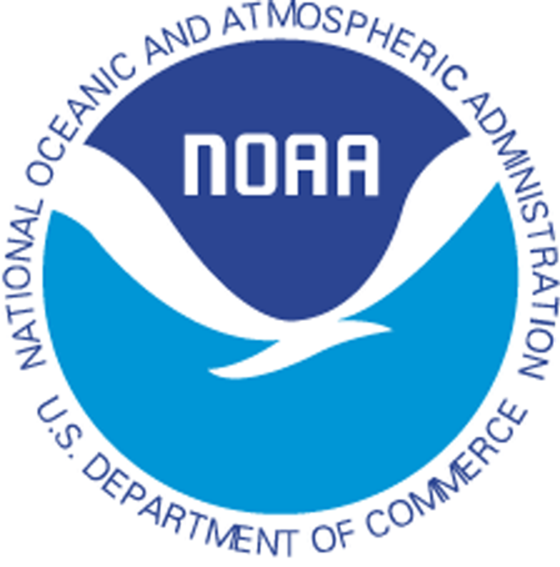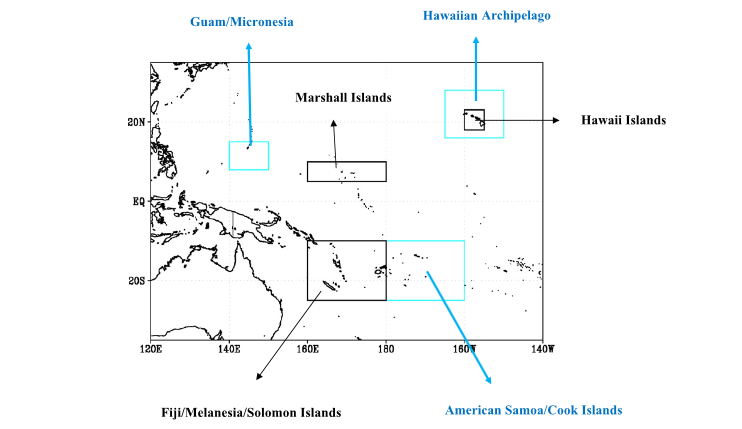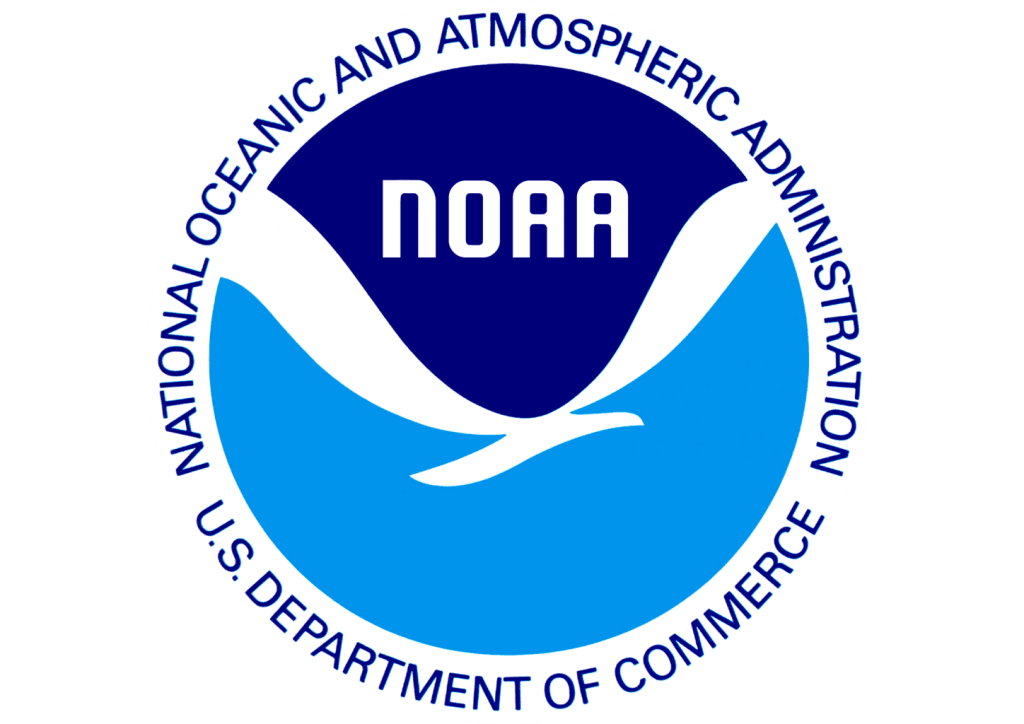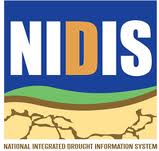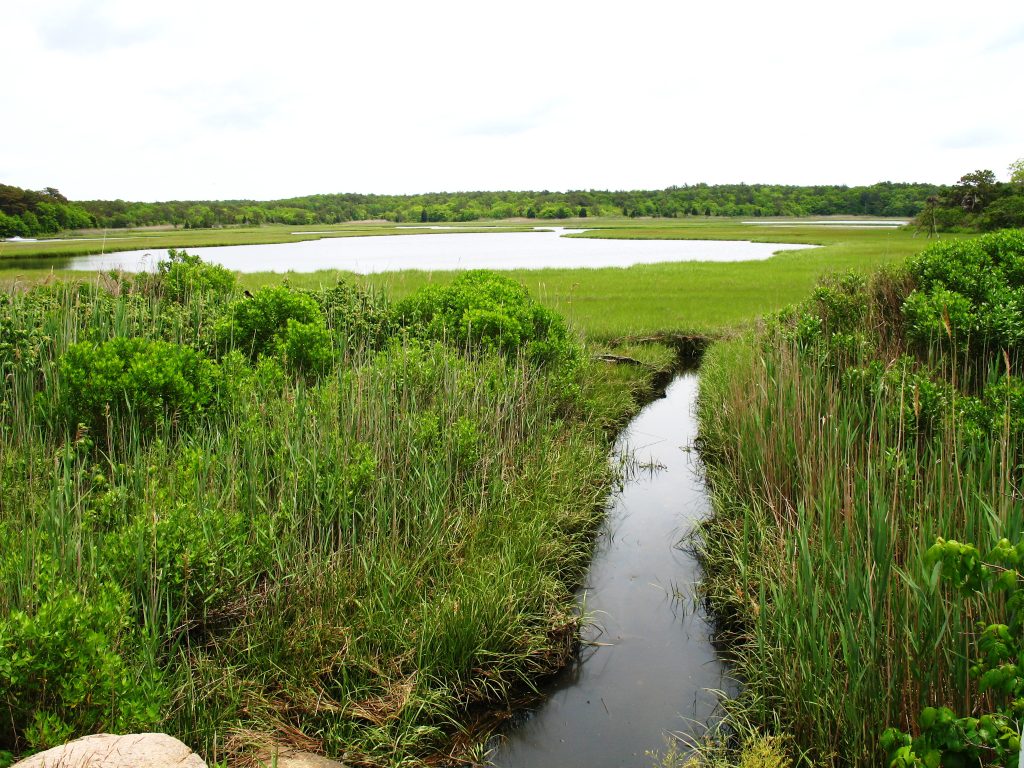Digging Deeper Into Flash Droughts
Identifying rapidly evolving and severe “flash drought’ conditions is especially useful for mitigating crop losses, monitor vegetation health, and provide crucial information for increased fire risk.
Digging Deeper Into Flash Droughts Read More »


